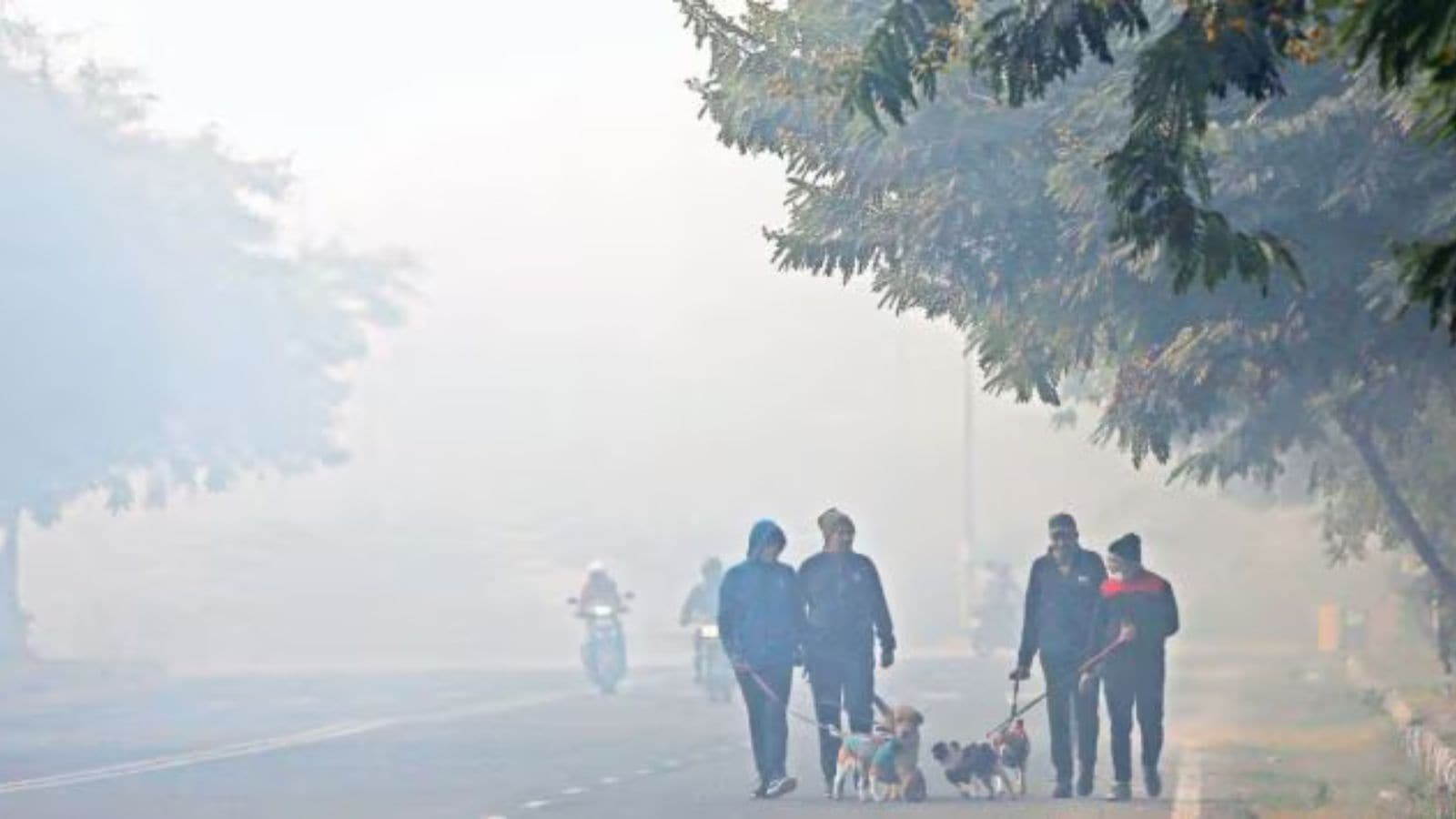 |
|
The recent weekend in Delhi brought a significant change in weather patterns, marked by substantial rainfall and a subsequent drop in daytime temperatures. The India Meteorological Department (IMD) reported 2.2 mm of rainfall at Safdarjung, the station representative of the capital's overall weather conditions. However, other areas experienced higher rainfall amounts, with Najafgarh, Palam, Mayur Vihar, Delhi University, and Pusa recording between 2.5 mm and 5.5 mm of rainfall. This precipitation resulted in a noticeable drop in the maximum temperature, reaching 17 degrees Celsius on Saturday – a significant three degrees below the seasonal average. The IMD forecast predicted a further decrease to 16 degrees Celsius on Sunday, four degrees below the norm, highlighting the impact of the rainfall on Delhi's climate.
The drop in temperature wasn't uniformly experienced across the day-night cycle. While daytime temperatures plummeted, nighttime temperatures showed a slight increase of one degree Celsius within 24 hours, reaching 9 degrees Celsius on Sunday. This disparity underlines the complex interplay of weather factors influencing Delhi's temperature fluctuations. The IMD's forecast predicted continued cloudy skies with light rain or drizzle for the Delhi-National Capital Region (NCR), alongside the possibility of smog and shallow-to-moderate fog later in the day. The presence of fog was indeed notable, with Safdarjung airport reporting moderate fog with visibility as low as 300 meters at 6:30 am, gradually improving to 400 meters by 8 am. The movement of moisture-carrying winds from the Northeast, blowing at 12-15 kmph, played a crucial role in mitigating the severe fog conditions, with wind speeds later settling around 6 kmph.
Looking ahead, the IMD issued a yellow alert, warning of potential dense fog conditions for the subsequent two days. The forecast anticipates a continued downward trend in both maximum and minimum temperatures, projecting minimum temperatures around 6 degrees Celsius and maximum temperatures around 18 degrees Celsius by Wednesday, January 14th. The prediction of very light rain on January 14th further suggests the continuation of chilly weather. This persistent cold spell, coupled with the potential for dense fog, underscores the need for precautions to be taken by residents of Delhi and the NCR. The impact of the weather extends beyond mere discomfort; the resulting atmospheric conditions directly affect air quality.
The Central Pollution Control Board (CPCB) reported an improvement in air quality on Sunday, with the Air Quality Index (AQI) registering at 281, categorized as “poor.” This marked an improvement compared to the previous day's “very poor” air quality, with an AQI of 327. While this improvement is positive, it highlights the fluctuating nature of Delhi's air quality, often influenced by meteorological factors. The rain and the subsequent increase in wind speeds seem to have had a positive effect on dispersing pollutants, but the continuing presence of fog indicates that the situation warrants continued monitoring. The interplay between weather and air quality underscores the importance of comprehensive environmental management strategies to mitigate the adverse health impacts associated with both poor air quality and extreme weather events.
In conclusion, the rainy weekend in Delhi brought about a significant shift in weather conditions, resulting in a notable decrease in daytime temperatures and a subsequent improvement in air quality. However, the forecast predicts a continuation of cold weather and potential dense fog, suggesting that the residents of Delhi should remain prepared for challenging weather conditions in the coming days. The fluctuations in both temperature and air quality highlight the interconnectedness of environmental factors and the importance of ongoing monitoring and strategic planning to mitigate the impacts on public health and well-being. The interplay of rainfall, wind patterns, fog formation, and air quality showcases the dynamic nature of Delhi's climate and the need for a proactive approach to address environmental challenges.
Source: Rainy weekend leads to drop in day temperatures in Delhi
